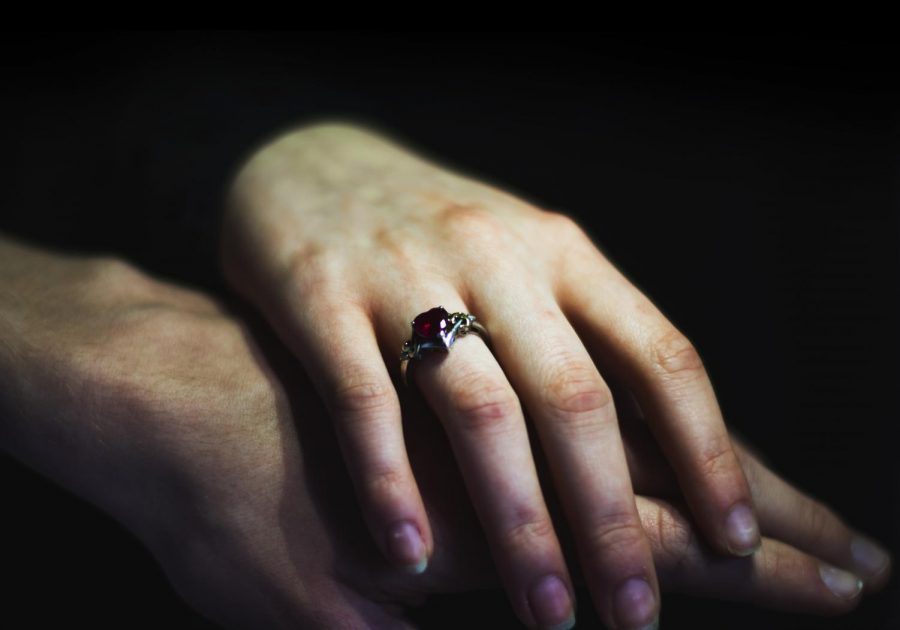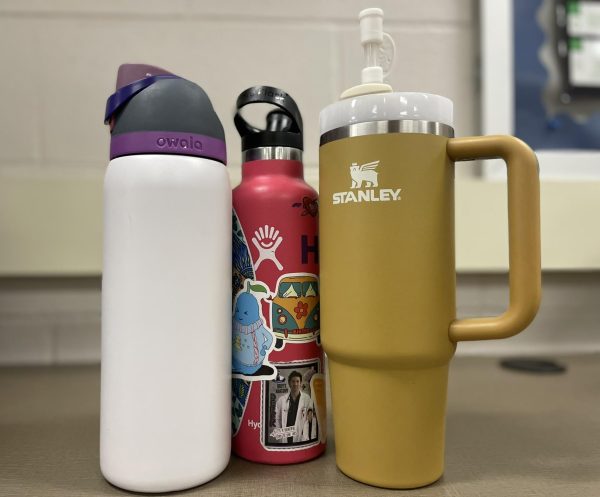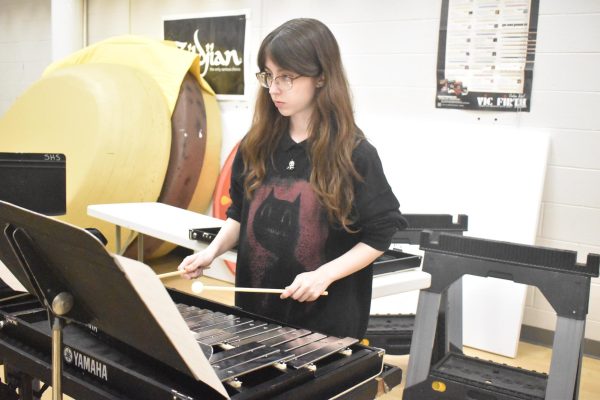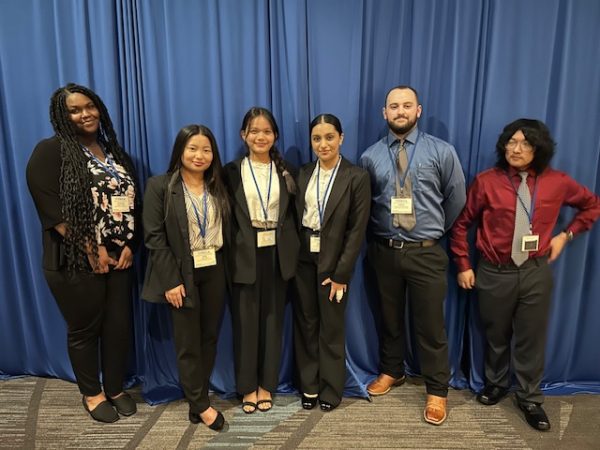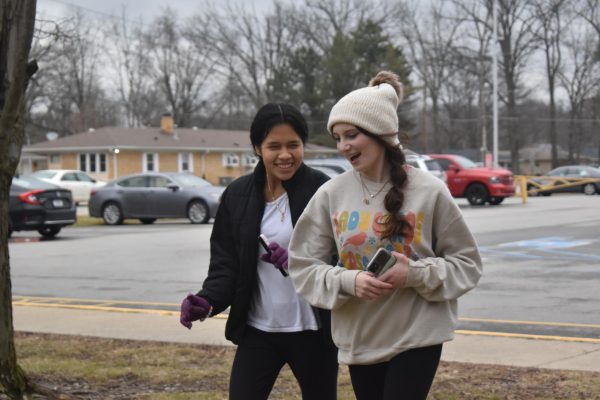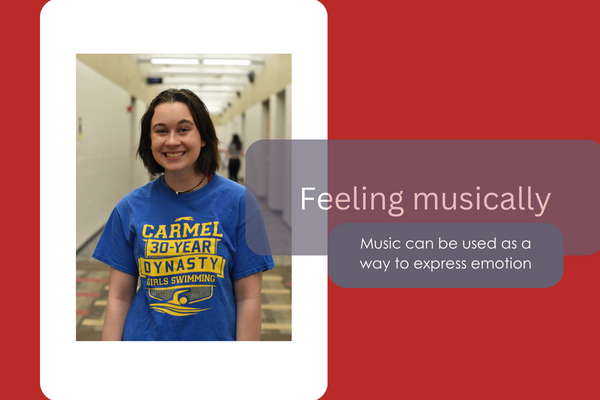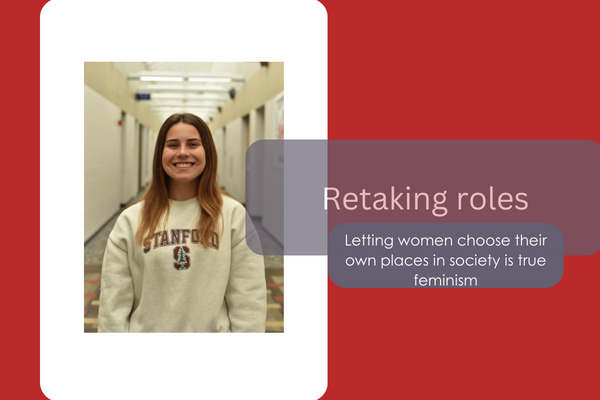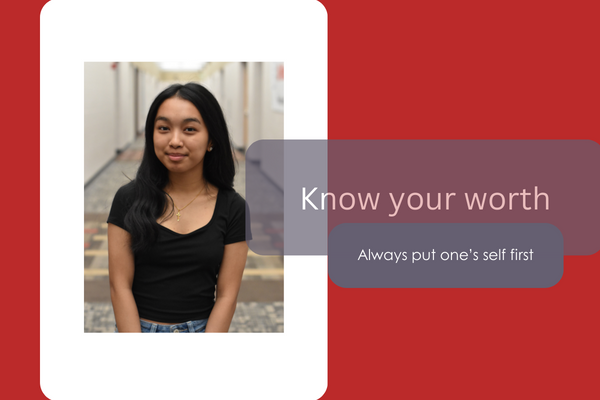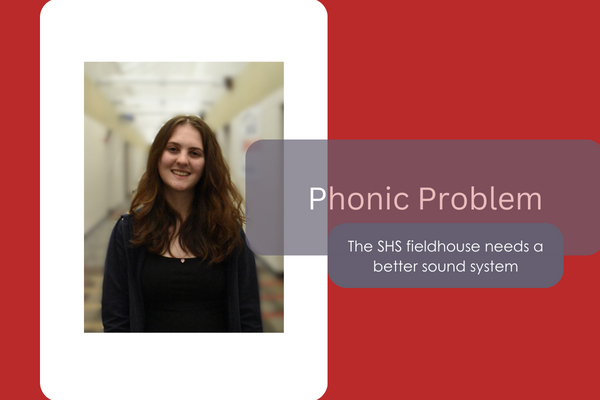To be or not to be
High school students believe they have what it takes to last, but in the end is it really worth it?
In eighth grade, math teacher Ethan Coffman dated Chelsea Bujarsky. After they broke up, they both had serious relationships with other people until their senior year of high school. Coffman saw her in weights class and realized he had made a mistake back in the eighth grade. His junior year of college, Coffman studied abroad in Italy. When Bujarsky used her grandparents’ miles to fly to see him, he knew she was the one.
“I knew she always loved me and I knew I loved her but at that moment, I had never seen her happier to see me,” Coffman said. “And I just kind of knew ‘Man, if this girl is going to fly across the world to see me, then I am an absolute idiot if I don’t love her the same if not more.”
Now ten years after his senior year, he is married to Chelsea Coffman.
Many couples at SHS strive to have this kind of success from their relationships. But, according to therapist Tricia Bowerman, many of these don’t survive because students are not mature enough to think logically, not just solely on emotions. She also says, though, that it is important to realize relationships, at any age, should not be stereotyped.
“It’s hard to generalize one thing over all teenagers because they are all different and they all have different personalities and they all respond differently to the same situation,” Bowerman said.
Despite the potential doubts from others, there are couples at SHS who feel they have found a successful high school relationship.
Seniors Javier Rodriguez and Alisia Alcauter have been together for five years and are expecting a baby girl in a short four months. The two had a lot in common, and still do, according to Rodriguez. He says she has helped him a lot since they have been together and she remains a person that he always wants to be around. Although there has been some stress within their relationship, he doesn’t think it’s anything too big. Nothing they can’t overcome together.
“People say being in a relationship distracts you, but I don’t really think that’s true,” Rodriguez said. “I think that’s just an excuse, that everything can work out. And the person can even be helpful for you.”
Because they are expecting, they are planning on moving in together after this semester. Although these are big factors in their relationship, Rodriguez says they have only pushed him to better himself, and haven’t necessarily put a damper on anything.
“I want to work more but my parents really want me to finish school. (Our baby) is just pushing me (to) graduate,” Rodriguez said.
According to the CDC, Alcauter has beat the odds regarding their baby. Only about 50 percent of teen mothers receive a high school diploma by the age of 22. Alcauter has not let her pregnancy be part of the 50 percent by currently being enrolled in Cardinal Academy at SHS and planning to graduate in May.
David Worland, who graduated last semester, is also in a serious relationship. He met his fiance, Starla Galloway, in fifth grade. They had always been friends and had talked about getting into a relationship throughout their friendship, but this did not happen until nine months ago. Now, they have both moved out and are living together.
Just before finishing his final semester of high school, Worland proposed to Galloway. He says he knows they would have gotten engaged sometime down the line, but does not think it would have happened so quickly if he had not graduated early.
“When I first proposed, the idea was just to get engaged and take it to the next level because we felt like we were ready,” Worland said.
According to Worland, the couple has faced obstacles, just like everyone else. He says although their love has been tested, he feels the hard times are worth it because they truly show the strength of the relationship. Although there was a shock factor for many members of his family, the reactions have been positive “all across the board.”
Worland says most students have their whole focus on school, and that is okay. Because he wanted to strive for academic success while keeping his relationship, he says making sure communication was strong and planning time to spend together helped them. Going back to the basics, as Worland says, was necessary at some moments.
Currently, Worland and Galloway are trying to work to keep themselves going and are planning to be married as early as 2020 or 2021. Worland hopes that this future marriage beats the odds. According to Couples Therapy Inc. on high school sweethearts, only 54 percent of teen marriages last for 10 years.
Bowerman does not feel early marriage is the best decision for most people. Of course success can be found within an early marriage, but she says both partners need to be okay on their own and know themselves and their values before committing to someone else.
“There is a lot of growing that’s done between graduating from high school up until the mid-twenties,” Bowerman said. “Waiting a little bit after high school to fully commit to another person (is the best option).”
Senior Emily Cross is dating SHS graduate Tyler Cassaday. Almost two weeks ago, they moved in together. Cross says the age difference, as Cassaday is three years older than her, has motivated her to grow up quicker and mature in the relationship. She feels they have worked so well together because they have constantly been on the same page.
“We were never on any games, ever. It was very mature, and it was nice,” Cross said.
Cross says this maturity of their relationship could be due to her having to always rely on her mom growing up because her father wasn’t in the picture. Having her mother as a strong figure really allowed her to be more independent at a young age. When her mom found out she was moving out, she was very against it. But, Cross says she explained that she is over the age of 18 and would be using her own money. Now that her mom realizes she can make her own decisions, she has come around and is fine with it.
Cross says it’s nice to already have someone. Her person. She feels she has found the man she wants to marry, eventually. However, she is unsure of what the future could hold, and isn’t putting definite expectations on the relationship.
Since relationships cannot be generalized, as Bowerman says, her specific advice varies from couple to couple. However, she has very clear images of what healthy and unhealthy relationships look like.
Bowerman says most relationships she sees in high school have a lot of conflict, which is most often the reason they fail. She feels many teenagers just want to be people pleasers and do things or get into things knowing that it goes against their own set of morals. A relationship also becomes unhealthy when one side threatens to break up with their partner if they don’t follow through with something.
On the other hand, a healthy relationship, according to Bowerman, happens when both partners are okay with the other being away for a while or doing activities that don’t involve them. Both parties also need to feel comfortable sharing their feelings, good and bad. To get to this, people need to look for those whose goals match their own.
“It’s important to know who you are before you’re able to bring yourself into a relationship with another person,” Bowerman said.
Coffman says that first, teenagers need to understand being stuck in utopian love isn’t always a good thing. They have to find themselves, get to know one another, have self-respect and respect for the other person. And, Coffman believes the focus should be on the emotional connection of the relationship, not the physical.
As a teacher, Coffman says he mostly sees only surface level relationships in high school. To him, it doesn’t seem like many couples are friends, they are just forced.
He says he and his wife’s friendship and relationship have survived for so long because they spent five years getting to know one another before making a bigger commitment. They both let the other live their own lives and did not rush any aspect of their relationship.
“Prioritize who you are and what you want out of a significant other and self-evaluate…,” Coffman said. “We should all want something that makes us better as people.”
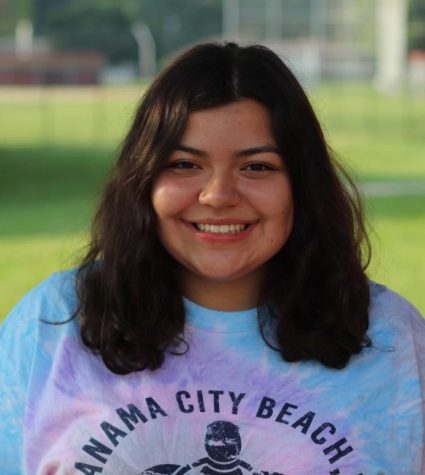
Hey, y’all. It’s Elizabeth Valadez, and this year I’m back for my third and final year as The Journal’s Editor-In-Chief. I also play the clarinet,...


